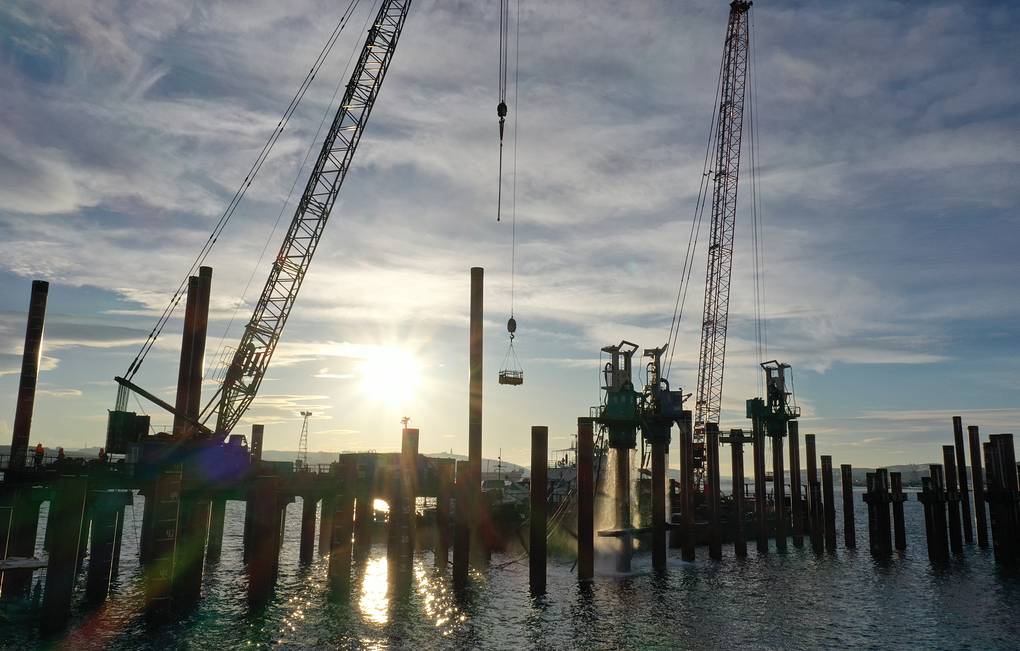Russia to prioritize Northern Sea Route, North-South corridor over next decade — official

NOVOSIBIRSK, June 29. /TASS/. Developing the Northern Sea Route (NSR) and North-South transport corridor will be a priority for Russia over the coming ten years, Russian Presidential Aide and State Council Secretary Igor Levitin told a forum on Thursday.
"We face a lack of access to the Northern Sea Route now. Our task [on cargo transportation] is 80 mln tons, with 36 [mln tons] today. However, I would say that the Northern Sea Route and North-South [corridor] are two priority tasks for the coming ten years. <…> The Eastern polygon will take its 180 mln [tons]," he said.
Russia and Iran recently inked an agreement for the joint construction of a 160-km section of the Rasht-Astara railway linking Azerbaijan and Iran as part of developing the North-South corridor, which will ensure a thoroughfare to Persian Gulf ports, Levitin noted.
"In 2000 we started when an agreement on the development of this corridor was signed between Russia, Iran and India. However, we were so engrossed in the northwestern European [transport routes] that we put [this project] on the shelf for later. But, as it turned out, we should have been focused on developing precisely this direction as, today, we are seeing that the Persian Gulf is the place where all of our cargos will eventually turn," he stressed.
Moreover, cargo transportation volumes in the eastern direction are currently above capacity, the official said, adding that this load level will persist. That is why new enterprises that are currently being constructed in Siberia and the Far East must pay special attention to their further shipping plans. Overall, Levitin believes that Russian business must seek to "containerize" cargos as much as possible for uninterrupted transportation to all destinations.
"It is very good that our cargos have started being containerized. Twenty years ago, around 10-12% of cargos were adapted for containerized delivery, whereas [such cargos] in Europe were at over 30%. Today, manufacturers already understand that simply bulk-based cargos are costly and generally unrealistic. Cargos should be adapted for containerization. Of course, for coal and other bulk cargos this is unrealistic, but all the rest should be containerized," he noted.
Photo by Lev Fedoseyev/TASS





